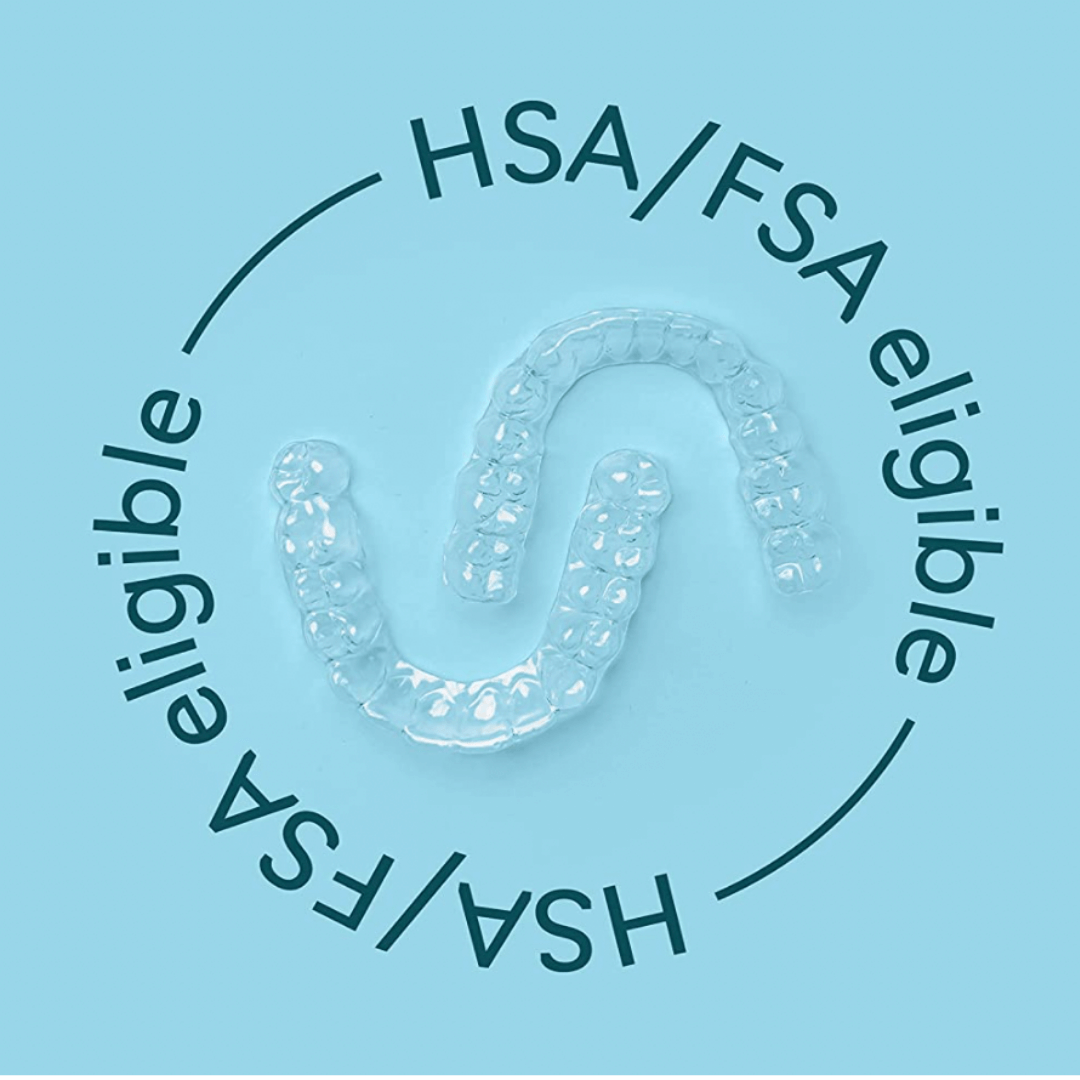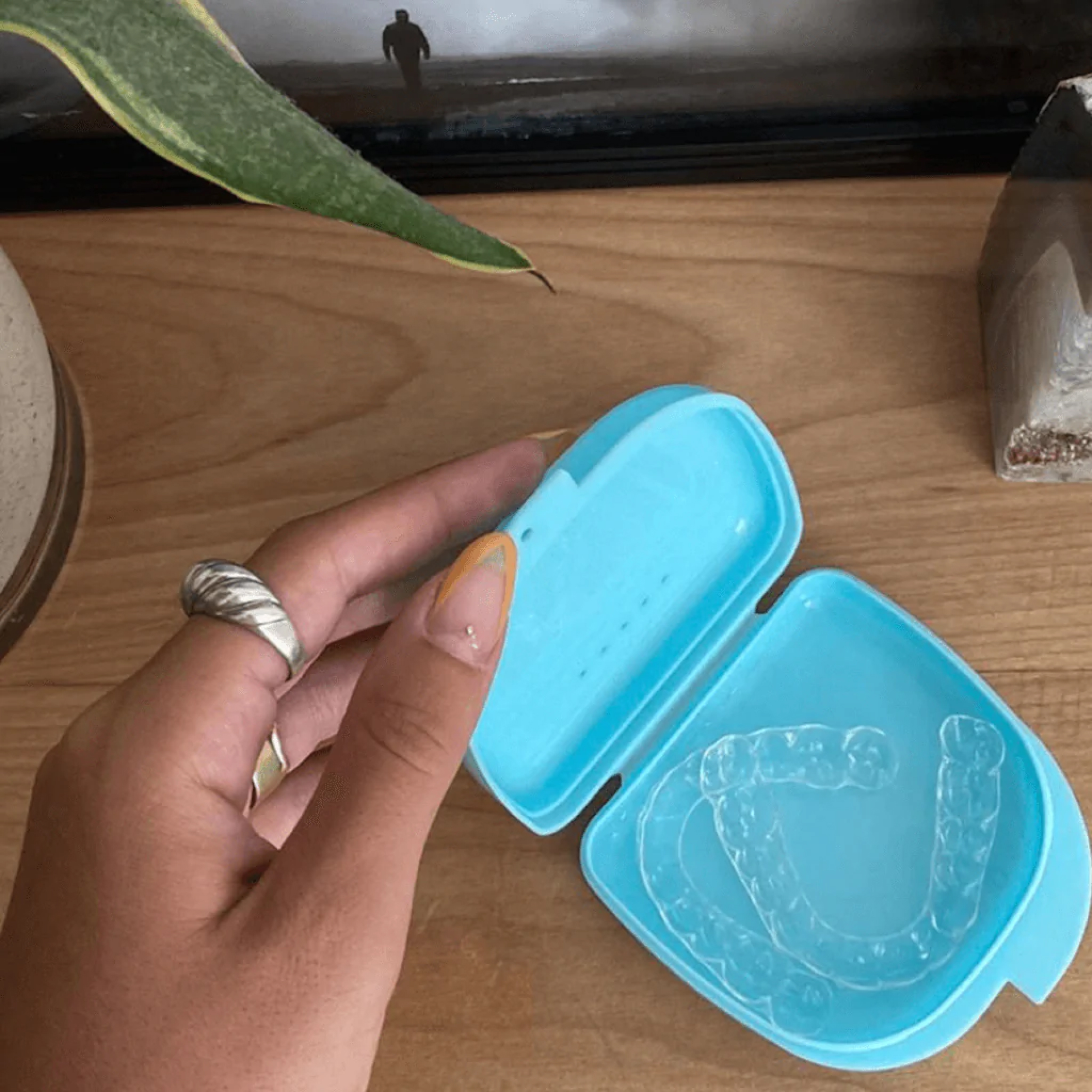Custom Night Guard: The Best Solution for Teeth Grinding
Teeth grinding, known as bruxism, is a common issue that affects millions of people around the world. It can cause an array of dental problems, ranging from mild discomfort to severe damage. In many cases, a custom night guard is the best solution for addressing teeth grinding and preventing its consequences. This article discusses the causes and effects of teeth grinding, the different types of night guards available, and the benefits of using a custom night guard.
Understanding Teeth Grinding and Its Effects
Teeth grinding, also known as bruxism, is a common condition that affects many individuals. It can occur during sleep, known as sleep bruxism or during waking hours, known as awake bruxism. Both types can have harmful effects on one's oral health, but sleep bruxism poses a unique challenge, as it often occurs without the individual being aware of the habit. It's essential to learn about the causes, symptoms, and consequences of teeth grinding, in order to prevent or treat its negative effects on oral health.
Causes of Teeth Grinding
Teeth grinding can be caused by various factors, often rooted in stress, anxiety, or frustration. Other potential causes include sleep disorders, such as sleep apnea, an abnormal bite, or misaligned teeth. Certain medications, caffeine intake, and alcohol consumption can also contribute to the development of the condition.
Stress and anxiety can have a significant impact on the body, and teeth grinding is one of the ways the body can respond to these factors. Individuals who experience high levels of stress or anxiety may find themselves clenching their jaw or grinding their teeth without even realizing it. This can lead to a vicious cycle of worsening symptoms, as the pain and discomfort caused by teeth grinding can, in turn, contribute to increased stress and anxiety.
Additionally, sleep disorders such as sleep apnea can cause teeth grinding as the body tries to compensate for the lack of oxygen by clenching and grinding the teeth. Misaligned teeth or an abnormal bite can also cause teeth grinding, as the body tries to adjust to the misalignment.
Symptoms and Consequences of Teeth Grinding
Without intervention, teeth grinding can cause a variety of uncomfortable symptoms and consequences. Painful symptoms are typically associated with the jaw muscles, such as soreness, discomfort, and morning headaches. Additional consequences can include dental issues, such as tooth enamel erosion, cracked or bruised teeth, and gum recession. These issues progressively worsen over time, potentially leading to costly dental treatments.
Individuals who grind their teeth may also experience difficulty sleeping, as the noise created by teeth grinding can be disruptive to both the individual and their partner. This can lead to further stress and anxiety, exacerbating the problem.
Long-term Effects on Oral Health
The long-term effects of teeth grinding on oral health can be severe if left untreated. Continual grinding wears away tooth enamel, which in turn increases the risk of tooth decay, tooth sensitivity, and breakage. It can also lead to temporomandibular joint disorders (TMD), which can cause jaw pain, lockjaw, and other related problems. Addressing teeth grinding early on is key to maintaining oral health and preventing these complications.
If left untreated, teeth grinding can also lead to more serious dental issues, such as periodontal disease and tooth loss. It's essential to seek treatment as soon as possible to prevent these consequences from occurring.
Treatment Options
There are several treatment options available for individuals who grind their teeth. The most common treatment is the use of a mouthguard or splint, which can help protect the teeth from damage caused by grinding. Additionally, stress-reducing techniques, such as meditation and exercise, can help alleviate the underlying causes of teeth grinding.
In cases where teeth grinding is caused by misaligned teeth or an abnormal bite, orthodontic treatment may be necessary to correct the issue. In severe cases, medication may be prescribed to help relax the jaw muscles and prevent grinding.
Conclusion
Teeth grinding can have a significant impact on one's oral health, causing a variety of uncomfortable symptoms and consequences. It's essential to identify the causes of teeth grinding and seek treatment as soon as possible to prevent long-term damage to the teeth and jaw. With proper treatment and management, individuals can maintain good oral health and alleviate the pain and discomfort associated with teeth grinding.
Types of Night Guards
Night guards play a vital role in preventing and treating teeth grinding. They protect teeth and jaw muscles from the harmful effects of grinding by preventing direct contact between the upper and lower teeth. Several types of night guards are available, each with unique advantages and drawbacks. Understanding the differences between these options is essential when deciding on the best solution for your needs.
Over-the-Counter Night Guards
Over-the-counter (OTC) night guards can be found in most pharmacies or online and come in a standard size, typically with a boil-and-bite design for some customization. While this option is affordable and easily accessible, it may not provide the same level of comfort or effectiveness as a custom-made night guard. OTC night guards can be too bulky, lead to improper fit and may not provide sufficient protection against teeth grinding.
Custom-Made Night Guards
Custom night guards are created specifically for an individual's mouth, providing maximum comfort, durability, and protection. These guards are crafted by dental professionals from impressions of the patient's teeth, ensuring a precise and secure fit. While typically more expensive than OTC night guards, custom-made options offer superior quality and long-lasting protection.
Soft vs. Hard Night Guards
Custom night guards can be constructed from soft or hard materials. Soft night guards are generally used for mild to moderate teeth grinding and are more comfortable but may not be as durable as hard night guards. Hard night guards, usually made from acrylic, are recommended for heavy bruxism and can offer better protection and a longer lifespan. Discussing your symptoms and needs with a dentist will help determine the right option.
Benefits of Custom Night Guards
Choosing a custom night guard offers a range of benefits, making it a superior solution for teeth grinding compared to OTC alternatives. From tailored fit and superior durability to improved effectiveness, custom night guards provide excellent protection against teeth grinding and its negative effects on oral health.
Perfect Fit for Maximum Comfort
Because custom night guards are created specifically for your teeth, you can expect a perfect fit that offers maximum comfort during wear. This snug fit ensures that the night guard stays in place throughout the night, providing consistent protection. By contrast, OTC night guards may require frequent adjusting, leading to discomfort and reduced efficacy.
Durability and Longevity
Investing in a custom night guard means investing in a product designed to last. Made from high-quality materials and crafted to withstand regular use, custom night guards are more durable and have a longer lifespan than OTC alternatives. As a result, custom night guards often provide better value over time, despite the higher upfront costs.
Improved Effectiveness in Preventing Teeth Grinding
The perfect fit and durable design of custom night guards ensure the best protection against teeth grinding. Custom guards provide even pressure distribution across the teeth, lessening the grinding force and preventing potential damage to teeth and jaw muscles. This level of protection may not be achievable with OTC night guards, which can be less effective due to their inferior fit and materials.
How to Get a Custom Night Guard
Obtaining a custom night guard is a straightforward process, involving consultation with a dentist, dental impressions, and fitting. Investing in a custom night guard is a wise choice for those seeking to prevent or alleviate the symptoms and consequences of teeth grinding.
Consultation with Your Dentist
Before getting a custom night guard, consult with your dentist to discuss your symptoms and needs. They will assess your oral health, determine the severity of your teeth grinding, and recommend the most suitable type of custom night guard for you.
Taking Dental Impressions
Once the ideal guard type is chosen, your dentist will take impressions of your teeth. These impressions will be used to craft your custom night guard, ensuring the perfect fit and precise design for optimal protection.
Fitting and Adjusting Your Custom Night Guard
After your custom night guard has been created, your dentist will check the fit and make any necessary adjustments. This step is essential in guaranteeing maximum comfort and effectiveness during wear. With the custom night guard in place, you can enjoy a more peaceful and restful night's sleep while protecting your oral health from the harmful effects of teeth grinding.




